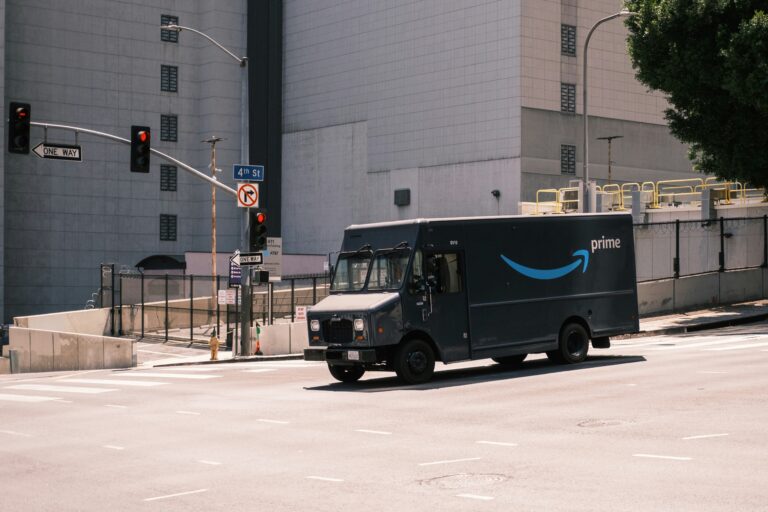
Alexandra Butler is a student at Harvard Law School.
As the pandemic continues to devastate the job economy, the Washington Post has tracked job loss across sectors, highlighting the widespread impact of COV-ID 19.
In addition, rising unemployment numbers have revealed major flaws in state unemployment insurance (UI) systems that, as the New York Times reports, have been continuously modified to limit the number of people eligible to receive benefits. Dating mainly back to the Great Recession, these changes to UI benefits produced systems with 26% recipiency rates and online-only filing processes, which left applicants unassisted and excluded workers who did not readily have access to technology. Now, these states are attempting to address their systems’ own inadequacies, as well as the added difficulties stemming from compliance with the CARES Act.
Part of that compliance includes expanding unemployment benefits to gig workers and independent contractors. Yet, Politico reports that states have been slow to deliver relief, with gig workers and independent contractors in only 21 states having begun to receive payments through Pandemic Unemployment Assistance (PUA). Beyond the traditional challenges involved in filing for unemployment, including technology failures and long wait times, these categories of workers may also be subject to additional requirements. For example, in California, some Uber and Lyft drivers are having to take time-consuming measures to prove prior wage amounts, given that Uber and Lyft are limiting who can access its payrolls.
Since the beginning of the outbreak, news cycles have been dedicated to tracking and understanding COV-ID 19. Yet some freelance journalists around the world have been subjected to difficult working conditions as they work to deliver the news. For example, journalists have reported government limitations on accessing information, unsafe conditions during field reporting, pay cuts and loss of work.
Despite high praise, frontline workers, including doctors, nurses and other essential employees have not received hazard pay. In addition, some have been excluded from federal paid sick leave mandates. Excluding “health-care provider” and “emergency responder” employees, as well as those who work for companies who employ 500+ people, the Families First Coronavirus Response Act’s exclusion clause is broad, having the potential to leave 13 million health workers and emergency responders unsupported. As one way to remedy these deficiencies and oversights, Senator Schumer of New York has proposed providing $25,000 to frontline workers through a package entitled the “Heroes Fund.”
As the pandemic increases family obligations, caregiver discrimination litigation could increase, as demonstrated by a recent lawsuit filed by Stephanie Jones against Eastern Airlines LLC for violations of the Families First Coronavirus Response Act. In addition to mandatory paid sick leave, the Act also provides family and medical leave for necessary childcare in light of COV-ID 19 related school and daycare closings. The lawsuit alleges that the company engaged in retaliatory firing after Jones sought leave under the Act.






Daily News & Commentary
Start your day with our roundup of the latest labor developments. See all
April 15
The Supreme Court ruled in favor of bakery delivery drivers in an exemption from mandatory arbitration case; A Teamsters Local ends its 18-month strike by accepting settlement payments and agreeing to dissolve
April 14
SAG-AFTRA wins AI protections; DeSantis signs Florida bill preempting local employment regulation; NLRB judge says Whole Foods subpoenas violate federal labor law.
April 12
The EEOC weighs in on an anti-discrimination lawsuit against Workday; a rule expanding overtime protection moves closer to publication; Amazon decreases spending on anti-union consultants.
April 11
Maine Legislature votes to grant farm workers minimum wage and labor rights; Apple store workers in New Jersey petition to unionize; and Wisconsin Governor vetoes legislation to rollback child labor laws.
April 10
NLRB general counsel vows not to succumb to pressure from SpaceX, Amazon, and others, the NLRB will seek make-whole remedies for unlawful work rules, and the LA County Federation of Labor joins the call for a ceasefire in Gaza.
April 9
UAW files for election at Alabama Mercedes plant; recent German law might boost UAW's organizing campaigns; Chicago Trader Joe's store files for election